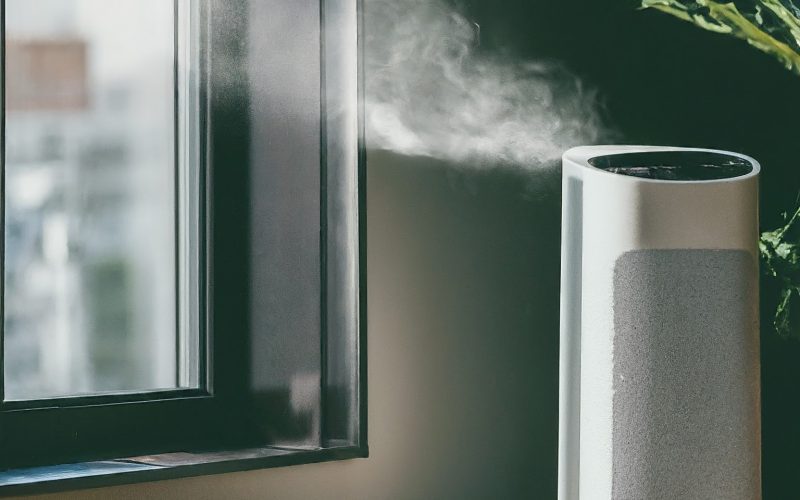Meet Dr. Anna Rivera
Dr. Anna Rivera is a Board-certified pulmonologist with over 15 years of experience treating respiratory illnesses. Having practiced in regions prone to wildfires, Dr. Rivera is passionate about educating the public on how to minimize smoke inhalation and safeguard lung health.
This article equips you with practical strategies to manage wildfire smoke exposure and safeguard your health. By understanding the health risks, monitoring air quality, and creating a smoke-free haven indoors, you can minimize the impact of wildfires on your respiratory system.
Understanding the Risks
Wildfire smoke is a complex mixture of gases and particles that can irritate the lungs and exacerbate respiratory problems. Even healthy individuals can experience coughing, wheezing, and difficulty breathing during periods of heavy smoke concentration.
Monitoring Air Quality
Stay informed about current air quality levels using reputable sources like the Air Quality Index (AQI) from the Environmental Protection Agency (EPA) . The AQI categorizes air quality on a scale from “Good” to “Hazardous,” allowing you to make informed decisions about outdoor activity.

Creating a Smoky Day Sanctuary
Seal your home by closing windows and doors. Use weather stripping or caulk to fill any gaps around windows and doors. A well-sealed home significantly reduces smoke infiltration.
Breathe Easy Indoors
Invest in a High-Efficiency Particulate Air (HEPA) filter air purifier. HEPA filters capture microscopic particles, including wildfire smoke, improving indoor air quality. Consider running your air conditioner with the fresh air intake closed to further minimize smoke intrusion.
Minimize Outdoor Exposure
Limit outdoor activity during peak smoke hours (usually mornings and evenings). If venturing outdoors is necessary, wear a well-fitting N95 respirator to filter smoke particles.
Protecting Your Health
If you experience persistent coughing, wheezing, chest tightness, or difficulty breathing, consult a healthcare professional immediately. Individuals with pre-existing respiratory conditions, such as asthma or COPD, should be extra cautious and have a plan in place to manage their health during smoky periods.
Conclusion
By following these tips and staying informed, you can significantly reduce your exposure to wildfire smoke and protect your respiratory health. Remember, prioritizing your well-being is crucial. Don’t hesitate to seek medical attention if you experience concerning symptoms. Breathe easy and stay smoke-free!












